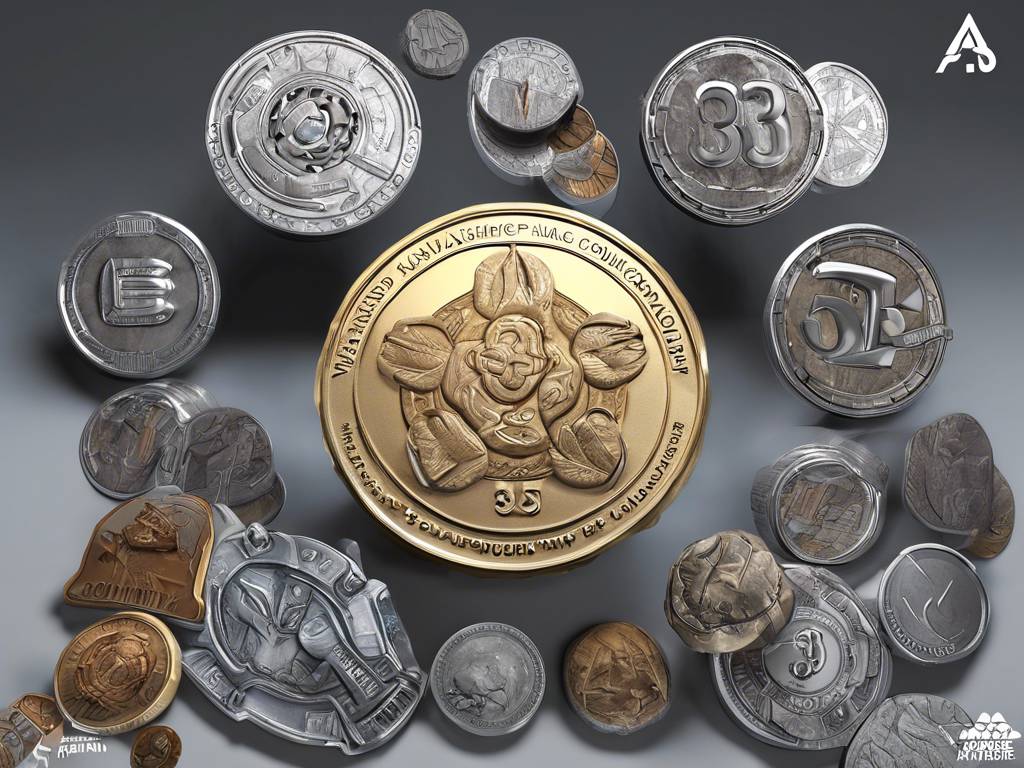Why Smart Contract Wallets Are the Future of Crypto
Wallets today present a significant challenge in onboarding everyday users to crypto. In response, the industry must prioritize and push the transition towards solutions that are both more user-friendly and much more secure, without sacrificing the decentralized and self-custodial nature that crypto is all about. Traditional self-custodial wallets – which often overlook the importance of user experience and place the entire burden of security on users – are in stark contrast to the seamless and frictionless experiences that have become the norm in the Web 2.0 realm. This gap has led even the earliest adopters of cryptocurrency to favor custodial solutions and centralized exchanges. However, a paradigm shift is coming with the advent of smart contract-based wallets. These innovative wallets promise to revolutionize self-custody and are poised to facilitate the widespread adoption of cryptocurrency.
The Main Flaws in Current Crypto Wallets
The fundamental concern is security and having the peace of mind that you won’t lose your funds. A recent report from Chainalysis shows that hundreds of millions of dollars have been stolen from crypto wallets in the past couple of years. The core issue with the security of current crypto wallets is their reliance on a seed phrase – a series of 12-24 words that act as the sole protector of a user’s wallet. Even hardware wallets, at their core, are safeguarded by a seed phrase. If the seed phrase is lost, or if an attacker gains access to it, the user’s funds are at risk.
But why is the seed phrase so problematic? To understand this, let’s examine the three main security factors of user authentication:
- Something you know – a password
- Something you have – a physical device
- Something you are – biometric identity such as a fingerprint or face scan
While even basic Web 2.0 services implement at least two of these factors, most self-custodial crypto wallets today rely solely on the first factor – ‘something you know’ – which is considered the weakest of the three (with text passwords being particularly vulnerable). This reliance makes seed phrases a significant security vulnerability, prone to phishing attacks and malware. However, security is not the only issue. The overall UX (user experience) also presents significant challenges. One notable example is the requirement to pay for transactions with a specific token (the gas token), regardless of the transaction’s nature, the tokens involved or the actual tokens available in the wallet.
The Rise of Smart Contract Wallets
Smart contract wallets feature a dual structure – an application layer, similar to existing wallets, responsible for signing transactions and sending them to the blockchain, and a smart contract account that operates on the blockchain itself, through which all the wallet account’s transactions are processed. This structure is exceptionally powerful, enabling each account in the wallet to incorporate both custom signature verification logic and arbitrary execution logic for every transaction. It’s this additional logic that earns the wallet its ‘smart’ designation. Essentially, it’s akin to having a decentralized server capable of saving state.
Enhanced Security
By enabling custom signature verification logic, these wallets can utilize the advanced security chips found in modern mobile devices and laptops, facilitating a 2FA (two-factor authentication) mechanism to robustly protect funds. Keys generated within the device’s security chip are inherently bound to the device itself (‘something you have’), and transactions can only be authorized through biometric authentication (‘something you are’). These transactions are then verified on-chain by the account’s smart contract, ensuring that the account remains secure against phishing or malware attacks, even if the seed phrase is compromised. Equally important, it does not require sacrificing decentralization or self-custody. The user has sole control over the wallet, and no party can censor or sign on their behalf.
Daily Spending Limits
In traditional banking systems, using an ATM card does not allow the withdrawal of all the money in an account. This is a protective measure, ensuring that if your card gets stolen, the thief cannot drain your entire bank account. Conversely, in the realm of cryptocurrency, there are typically no such restrictions, and a single transaction, whether intentional or fraudulent, can deplete an entire account. Smart contract wallets introduce the capability to enforce daily spending limits, necessitating additional authentication for transactions that exceed a predefined spending threshold, such as requiring signatures from two different devices. This feature allows for a seamless user experience for transactions involving small amounts while introducing an additional layer of security for higher-value transactions.
Deadman Switch
Addressing a concern that is seldom discussed, smart contract wallets can implement mechanisms that allow the transfer of assets to predetermined beneficiaries if the wallet remains inactive for an extended period. This ensures that assets are not lost in the event of the owner’s death. This feature is markedly different from most existing self-custody wallets, where owners must share their seed phrase or keys while alive to prevent their assets from being lost upon their passing.
Paymaster Functionality
Smart contract wallets can overcome the challenge of managing gas fees by allowing users to pay for transactions with their token of choice. The account’s smart contract seamlessly exchanges the chosen token





 By
By

 By
By
 By
By
 By
By
 By
By